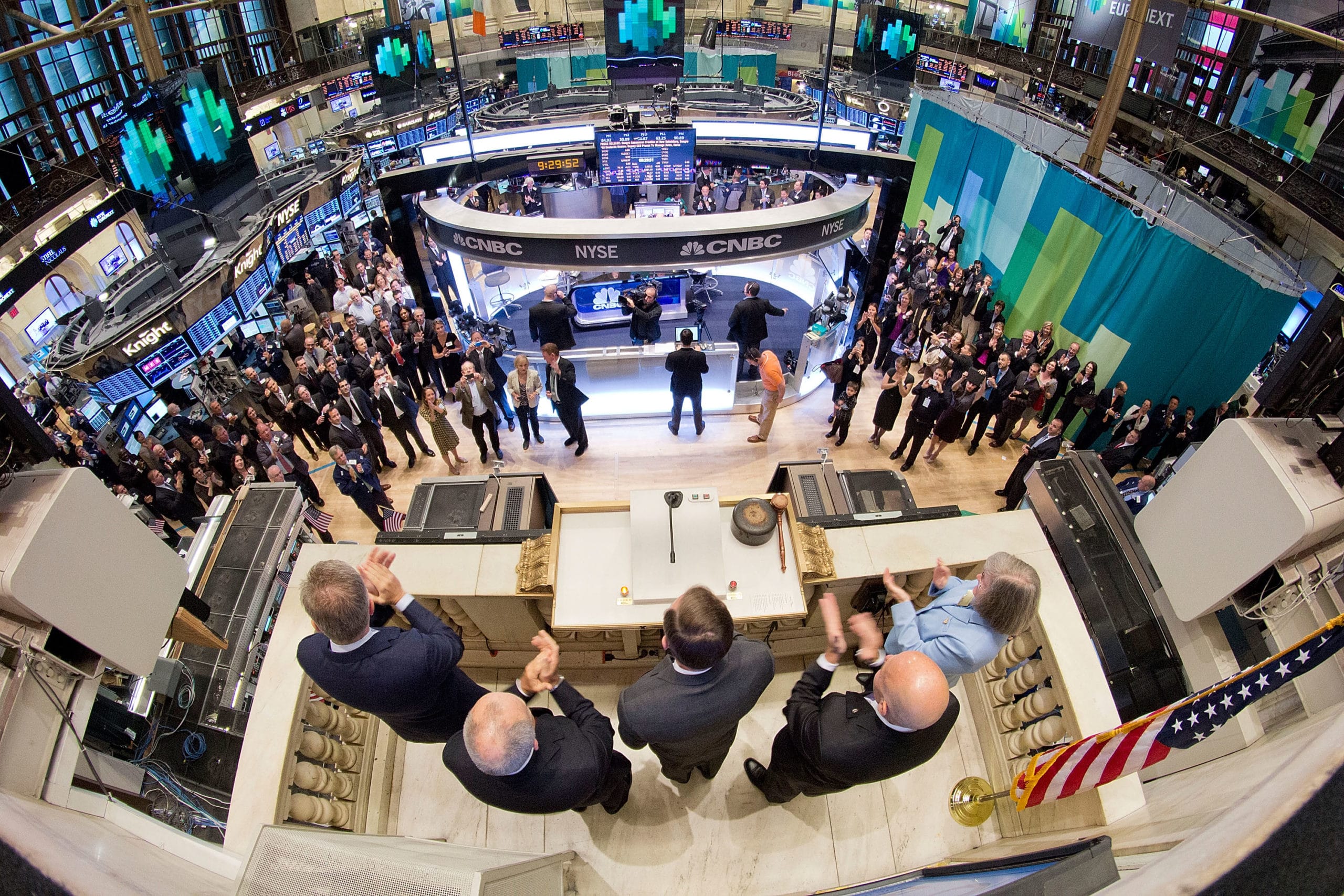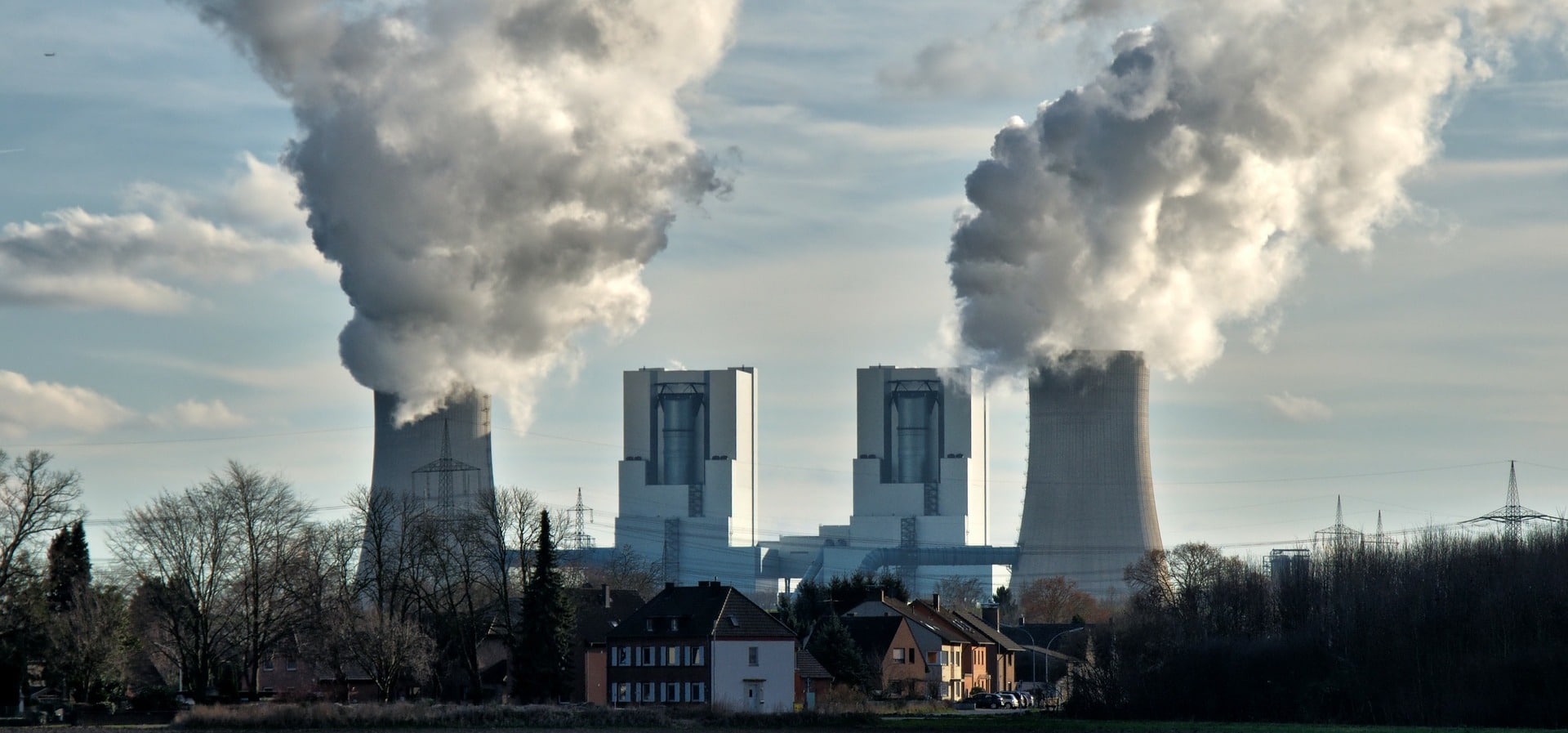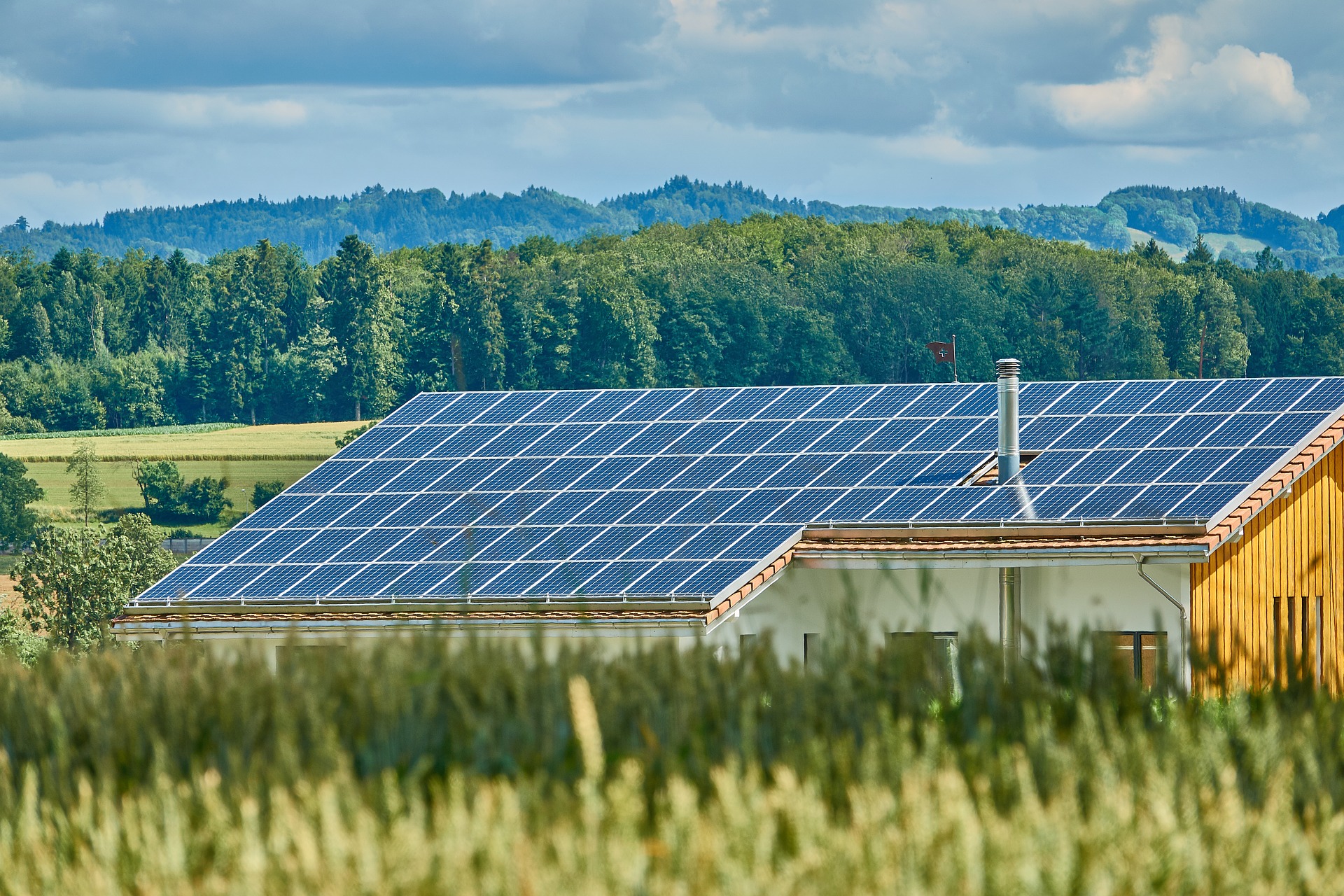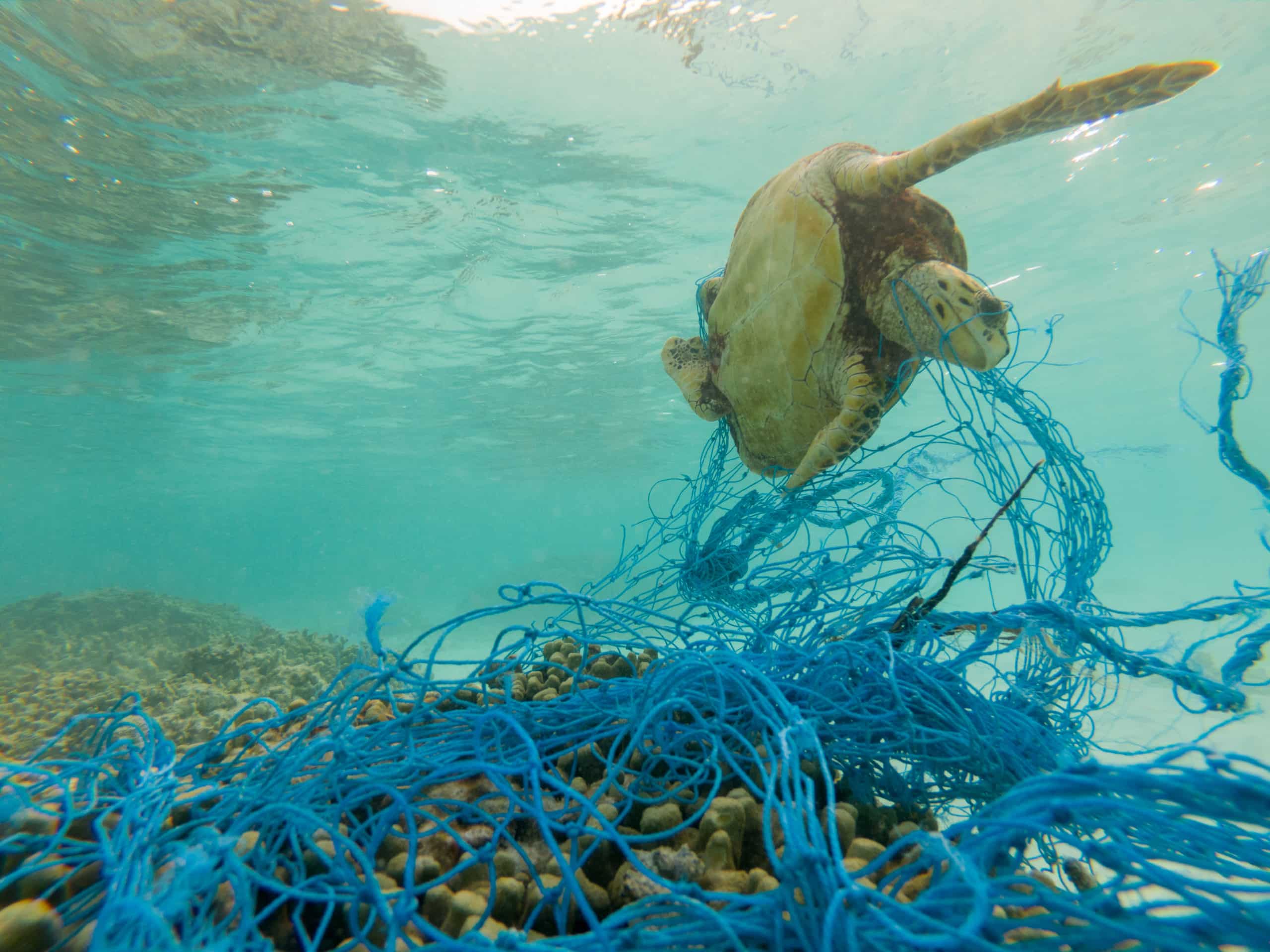
Sustainable Economic Systems
We aim to create a more environmentally sustainable and socially just world by transforming financial and economic systems.
Sustainable Economic Systems
We work to redirect tax policies and public spending to make polluters pay for the costs of their pollution, and to drive the transition to a cleaner, low-carbon economy.
At home and abroad, we advocate for policies that minimize environmental and social harm and fund a brighter future. In the United States, we strengthen regulations to encourage sustainability in financial markets and fight trade policies that allow companies to run roughshod over the environment and human rights. We also work with allies around the world to alter lending practices at financial institutions such as the World Bank, the U.S. Export-Import Bank and Wall Street banks that fund polluting activities and harm communities in developing countries.
Media
Support FOE
We’ve been defending the Earth and fighting for a healthy and just world for more than 45 years. But we need your help to keep going. Become a friend of the earth and join the movement to protect our planet and all its inhabitants.
Resources
Ending Public Fossil Fuel Financing
As part of our international sustainable finance campaign, we track government-backed institutions that fund energy projects overseas. We are working to end public financing of fossil fuels and to give a voice to affected communities!

Ways to Support Our Work

Read Latest News
Stay informed and inspired. Read our latest press releases to see how we’re making a difference for the planet.

See Our Impact
See the real wins your support made possible. Read about the campaign wins we’ve fought for and won together.

Donate Today
Help power change. It takes support from environmental champions like you to build a more healthy and just world.


